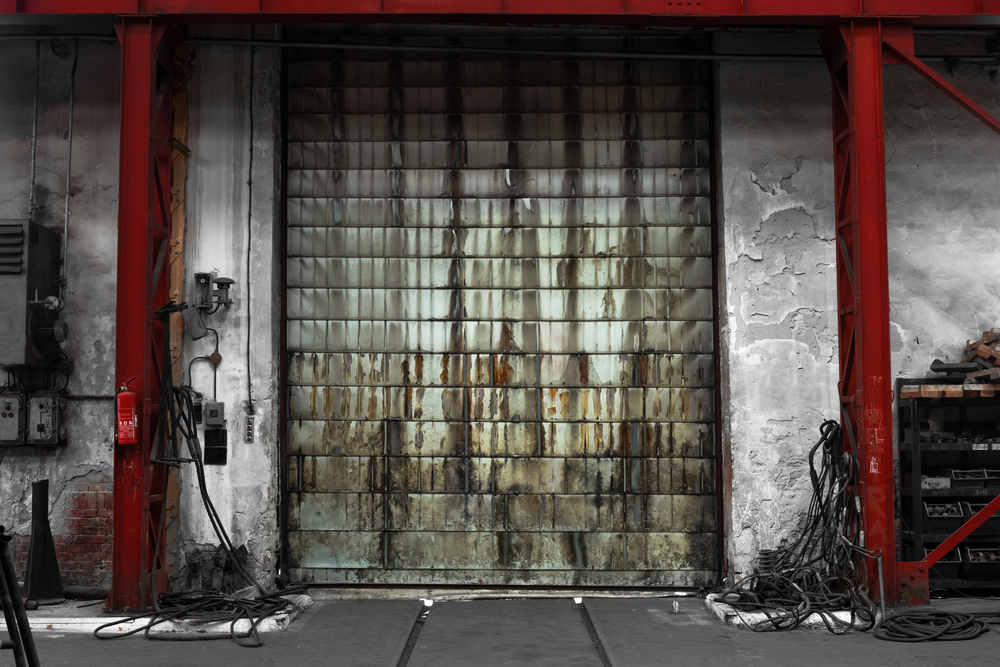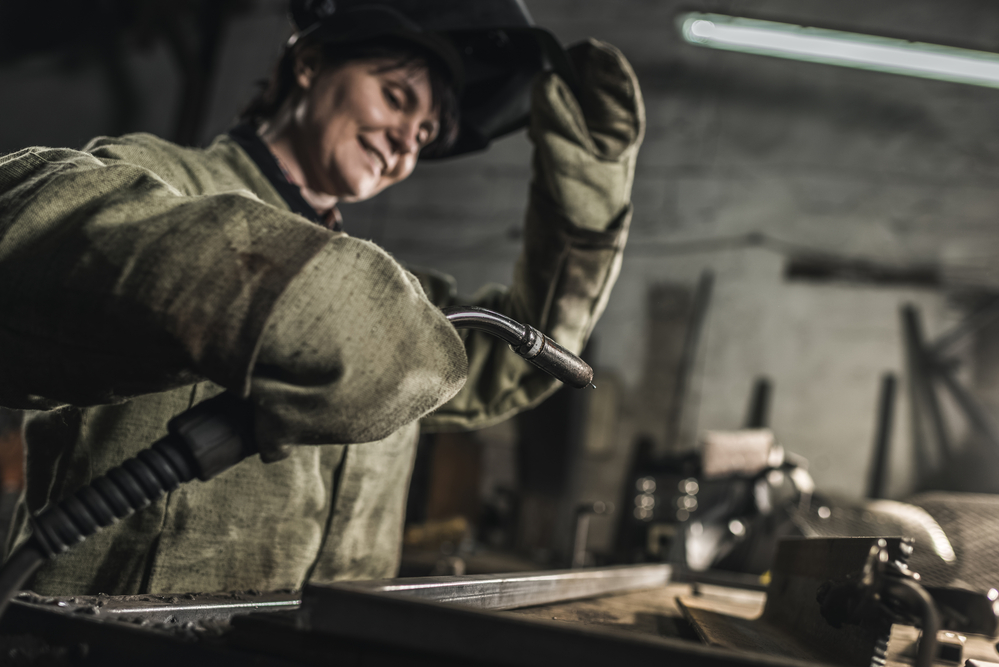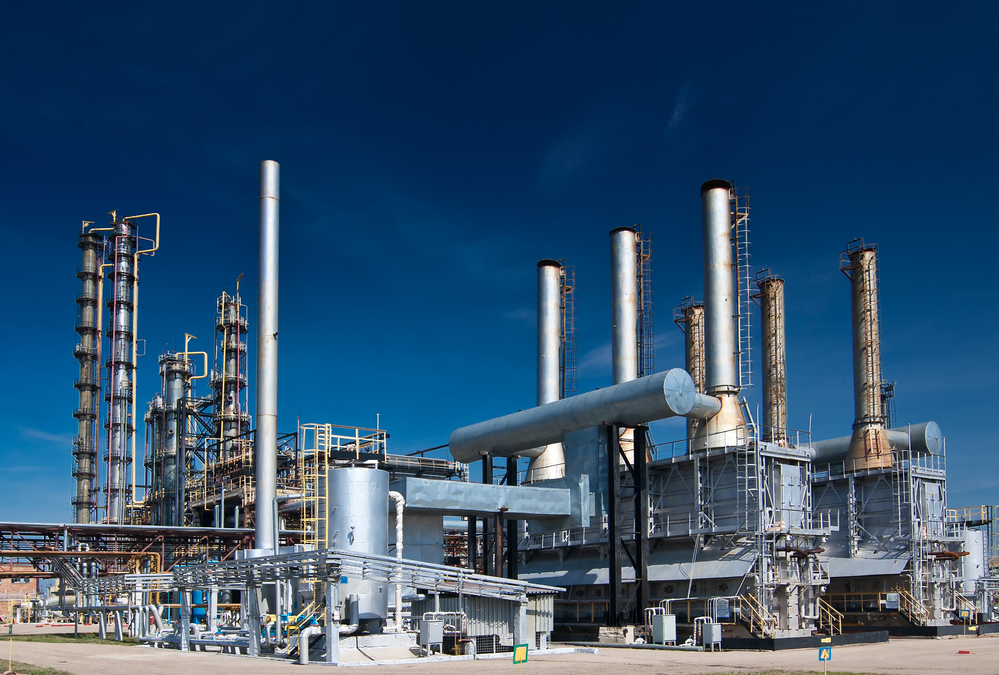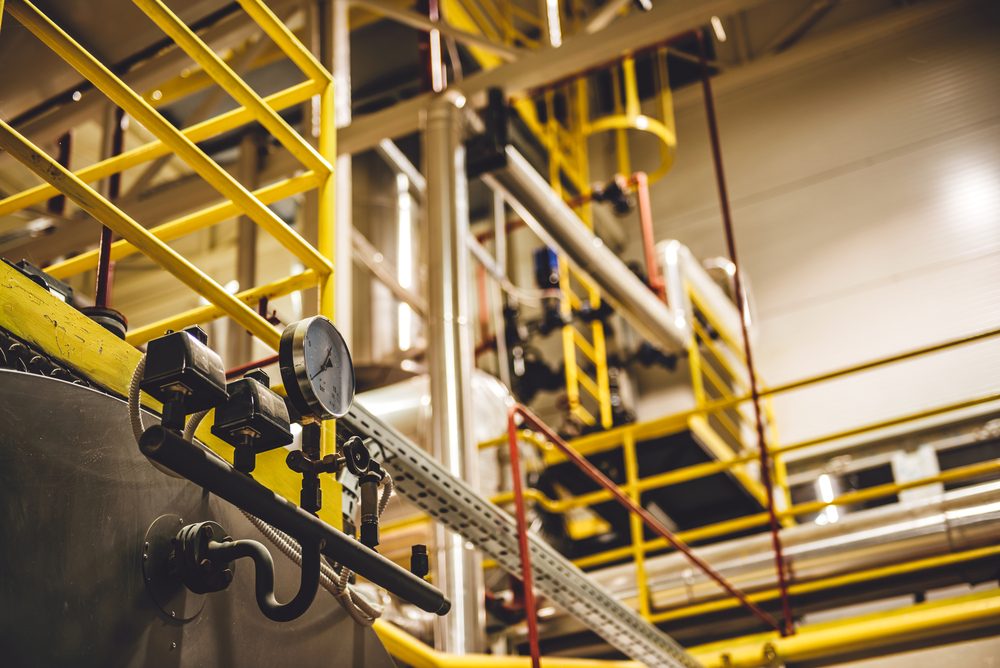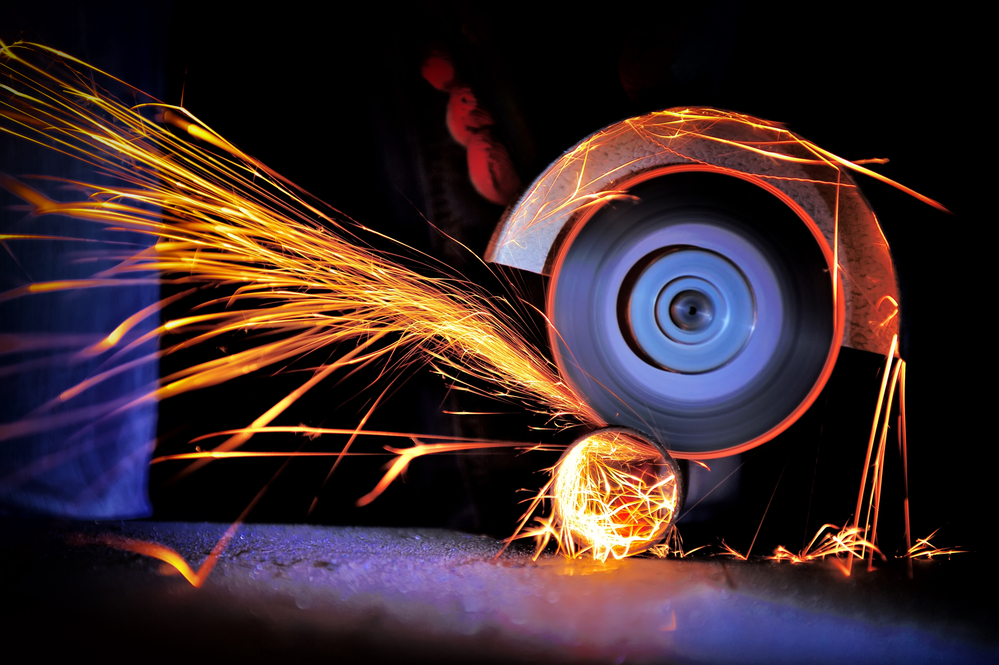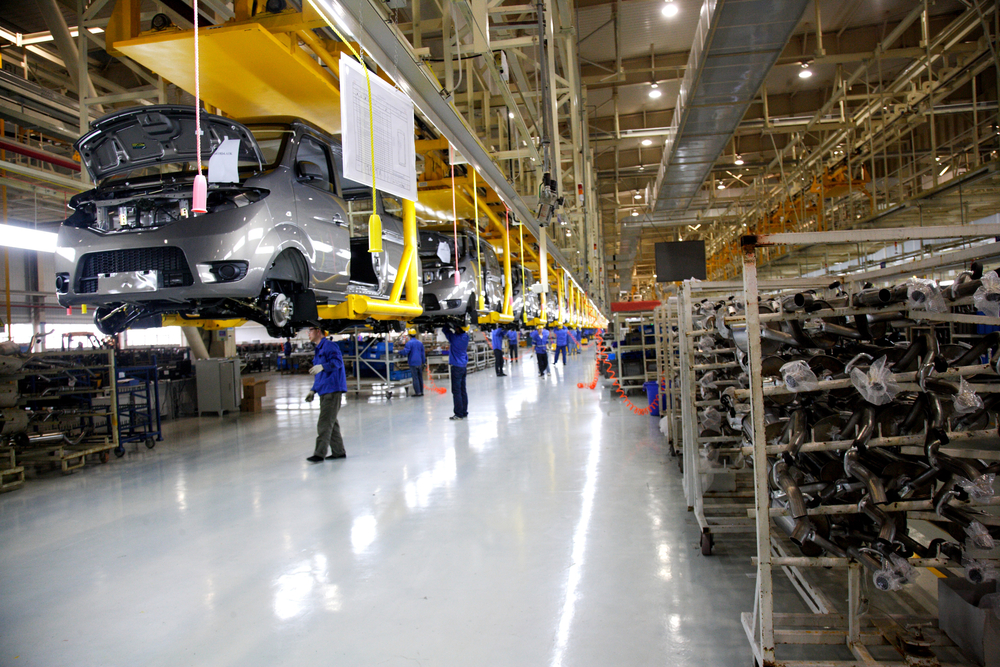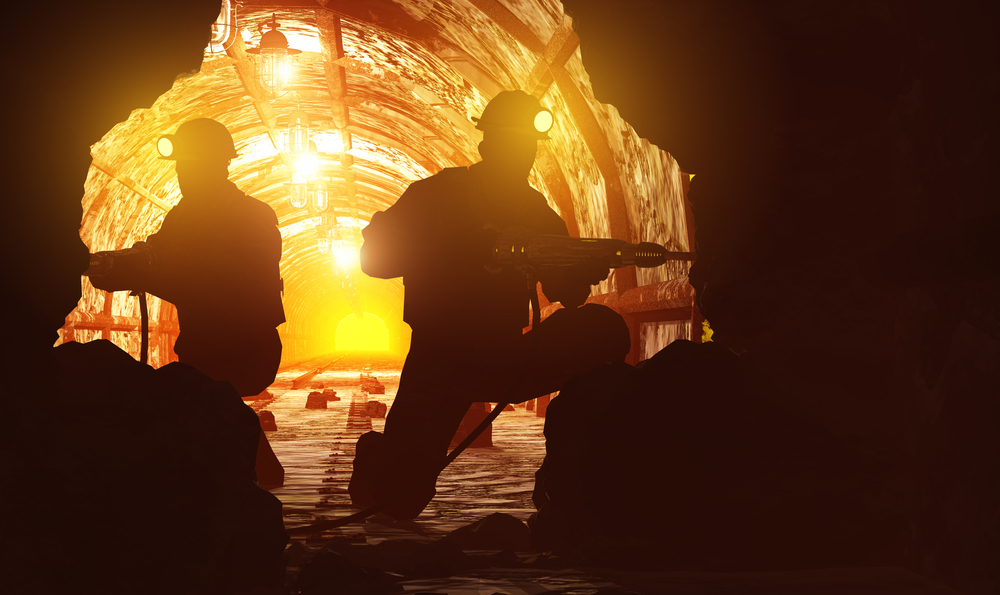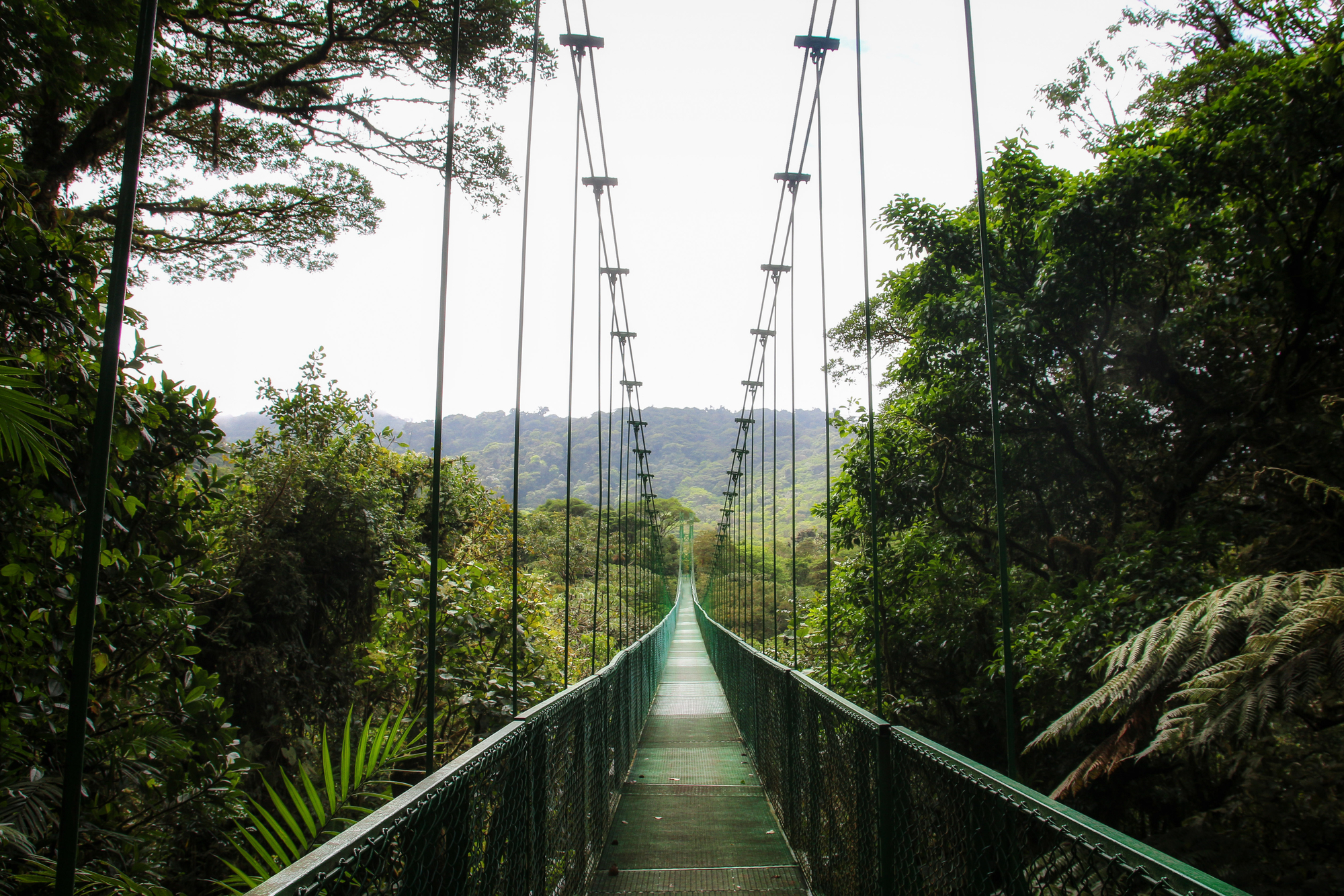Mastering Industrial Photography Skills: 6 Tips for Beginners
If you are crazy about technology and admire industrial sites, then industrial photography is the genre for you. It’s also trendy among Depositphotos clients: industrial backgrounds are often used in presentations, and industrial photos (factories from above, portraits of workers, and unique equipment closeups) are bought by media outlets.
To help you take your first steps in this genre, we’ve collected tips from industrial photographers, and explain how you can use your strengths in the context of different types of industrial photography.
Industrial photography and its genres
Industrial photography is a thematic genre that sits at the intersection of portrait, landscape, and product photography. In turn, photos of this type can be used by industrial companies for commercial purposes, and by individual artists and designers. For example, factory backgrounds are a popular theme in interface and presentation design. Tool and factory photos sometimes receive international photography awards for being artistic masterpieces (see, Industrial Professional Architecture section on the IPA’s winners page).
The main distinguishing feature of industrial photography is the subject matter of the images. Your photoshoots can cover a wide variety of industrial sites, including mines, factories, power plants, transportation, and construction stations.
In some cases (for example, industrial accidents or major technological disasters), the job of an industrial photographer is to document the event and create an archive of evidence. The courageous reporters who tackle these cases receive international awards in photography and journalism (like World Press Photo Awards).
The main idea of this genre of photography is to show the industry from different angles.
Where people use industrial shots
- corporate websites
- niche events (conferences and industrial exhibitions)
- presentations and catalogs
- thematic articles
- training materials
- merchandise and handouts
- thematic wallpapers
Objects industrial photographers often shoot: factories and other industrial facilities, workers and management, parts and products, machinery, equipment, tools, and assembly lines.
6 industrial photography tips for beginners
01 Connect with the right people
If you don’t have any experience shooting industrial sites, equipment, and workers, then it is undoubtedly time to gain it. The problem is that it is not easy to access a factory. It is even more challenging to shoot its workers in natural poses because they are not professional models. They are likely to feel uncomfortable in front of the camera.
We recommend that you contact the management of an industrial site and ask for permission to shoot. As a token of gratitude, you can allow them to use your factory photos for free. Spend a few days at the factory without a camera, so that the staff can get used to you. Use this time wisely and make a list of things that you will be interested in photographing.
02 Learn more about the industry
There are many dangers associated with industrial photography. Access to equipment, assembly lines, and safety precautions often limit workshops. Be sure to educate yourself on factory rules and do not violate them.
The more you know about what you’re photographing, the more chances there are of taking an outstanding shot. Read more about the industry, equipment models, and challenges that your subjects face. If you already have an industry background, start your photography practice in a niche you are familiar with.
03 Explore industry-specific color accents
The industrial environment has its color palette. If you take a closer look at the popular industrial backgrounds, you will realize that the authors of these images mainly work with color accents they spot inside factories. Yellow hard hats, high visibility jackets, glowing buttons, and bright warning signs can be highlighted in your photo.
Typically, factory wallpapers and tool close-ups offer us a limited, yet highly sophisticated color palette of gray, and warm orange or yellow. Moreover, in 2021, they fit into color trends perfectly. For example, Pantone’s Colors of the Year 2021 are Ultimate Gray and Illuminating.
04 Lighting as a challenge and an opportunity
Industrial premises have a lot of challenges for photographers. It’s likely that you will not be able to use stand-alone lighting equipment, and workshops often have lighting in areas where workers need it.
We recommend that you use a slow shutter speed and a tripod for genre scenes, and also look for light sources that can provide exciting effects in your frame. For example, sparks can turn into beautiful trails upon prolonged exposure, and molten metal can provide interesting lighting. All of this will add drama to your factory background photo series.
05 Enjoy the game of scale
One thing that usually impresses a viewer in industrial shots is the disproportionate scale of parts assembled in factories, work equipment, workshops, and workers that operate all the processes.
For example, a person standing next to an airplane engine will seem tiny compared to an enormous piece of equipment. A similar wow-effect can be achieved in almost any plant. However, a session like this requires careful preparation. You’ll need to choose the right shooting angle and wide-angle lens.
06 Look for stories
Factory wallpapers that are popular on photo stocks are not only about abstract patterns. You can focus on documenting the manufacturing process with your camera. Provide viewers with the opportunity to understand how the item on their desk was created.
There are at least two approaches to industrial storytelling. Your main focus can be a factory, where you document the different stages of production. In the second case, you can focus on workers and talk about their workday, workplace experiences, and life outside the industrial facility.
Wrapping up
Industrial backgrounds, product photos, and worker portraits are popular stock photography categories. Images like this are more likely to receive an influx of clients on Depositphotos. Companies need photos that would provide them with representation. For this reason, having quality factory photos in your portfolio is also an excellent way to promote yourself as a private photographer.
We wish you success in mastering this promising genre of photography. Get inspired with a collection of images featuring abandoned buildings, including industrial sites.
